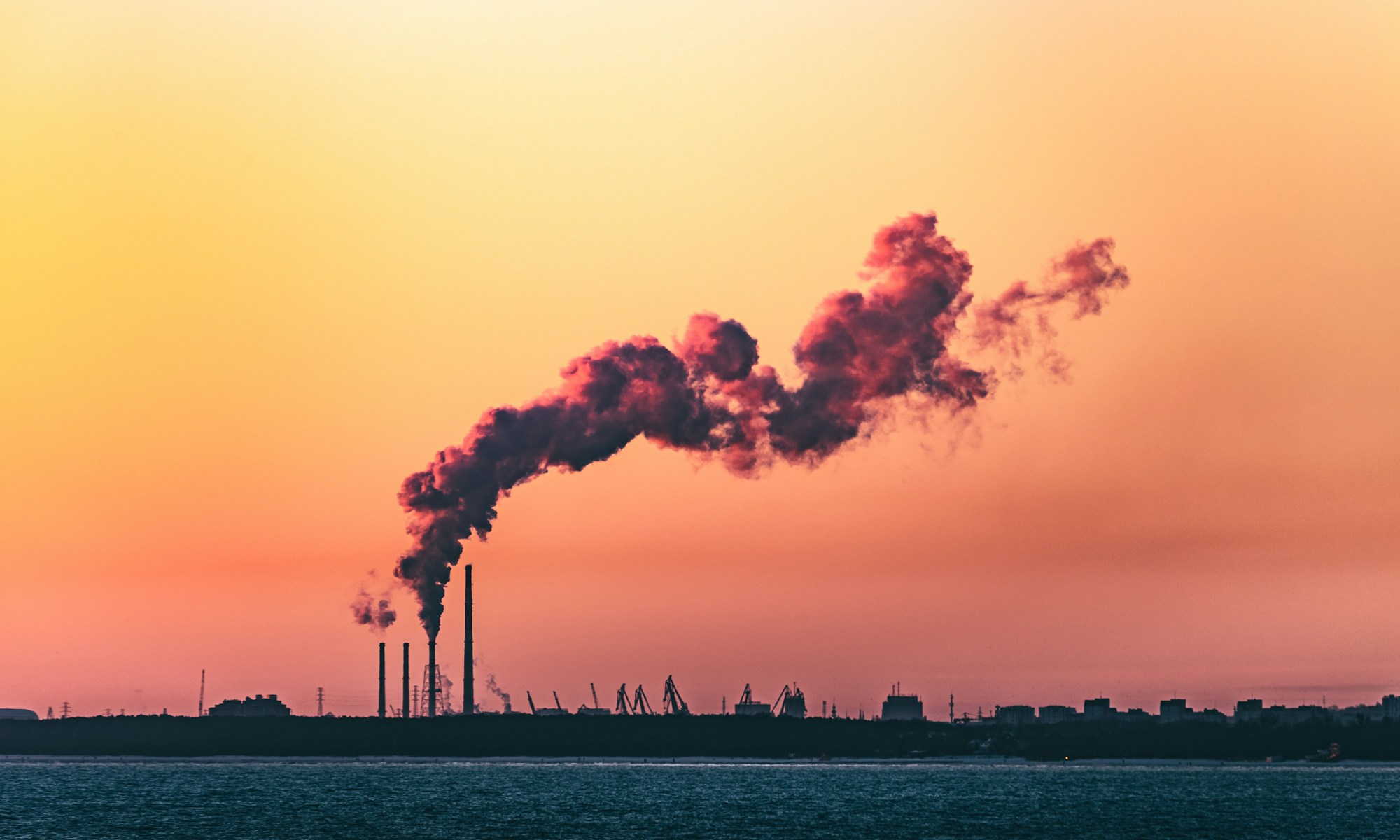13th July 2022 – by Willy Phillips
On Thursday, June 30th, 2022, the Supreme Court of the United States (SCOTUS) ruled against the enactment of the Clean Power Plan (CPP) following a week of hallmark decisions. The CPP is a sub-section of the Clean Air Act which informs how the EPA can regulate Co2 emissions from electricity production. In the court’s majority opinion, Chief Justice John Roberts said the EPA has no grounds for the sector-wide restriction allowed under the CPP. According to Roberts, the US Congress is the only body that can enact a regulation of such high consequences.
Critics of the decision remain wary. In a fierce dissenting opinion, Justice Elena Kagan addressed that “the court appoints itself – instead of Congress or the expert agency – the decision-maker on climate policy.” It’s true; taking emission-standard authority from the government’s environmental organization seems counterintuitive. Justice Roberts, however, insisted that the sweeping regulation is a clear violation of the “major-questions” doctrine. This seldom referenced stipulation refers to the power given by congress to regulating agencies. Congress must provide clear and explicit permission for an agency to implement “decisions of vast economic and political significance.”
This case, known as West Virginia v. EPA, first took form in 2015 when Obama-era EPA guidelines set state-wide emission goals under the Clean Air Act. In 2016, SCOTUS suspended the plan in response to several state and private legal challenges. To this day, the CPP has never been enacted, so the SCOTUS ruling refers only to future EPA regulations. While The EPA may still pass site-specific emissions goals, the ruling limits the speed and uniformity with which the EPA can issue time-sensitive goals and standards.
Many fear the court has set a dangerous precedent for muddying the extent of agency jurisdiction. Justice Kagan leaves her dissent with an honest recognition of SCOTUS limitations, asserting that “Whatever else this court may know about, it does not have a clue about how to address climate change,” she wrote. “And let’s say the obvious: The stakes here are high. Yet the court today prevents congressionally authorized agency action to curb power plants’ carbon dioxide emissions.”



